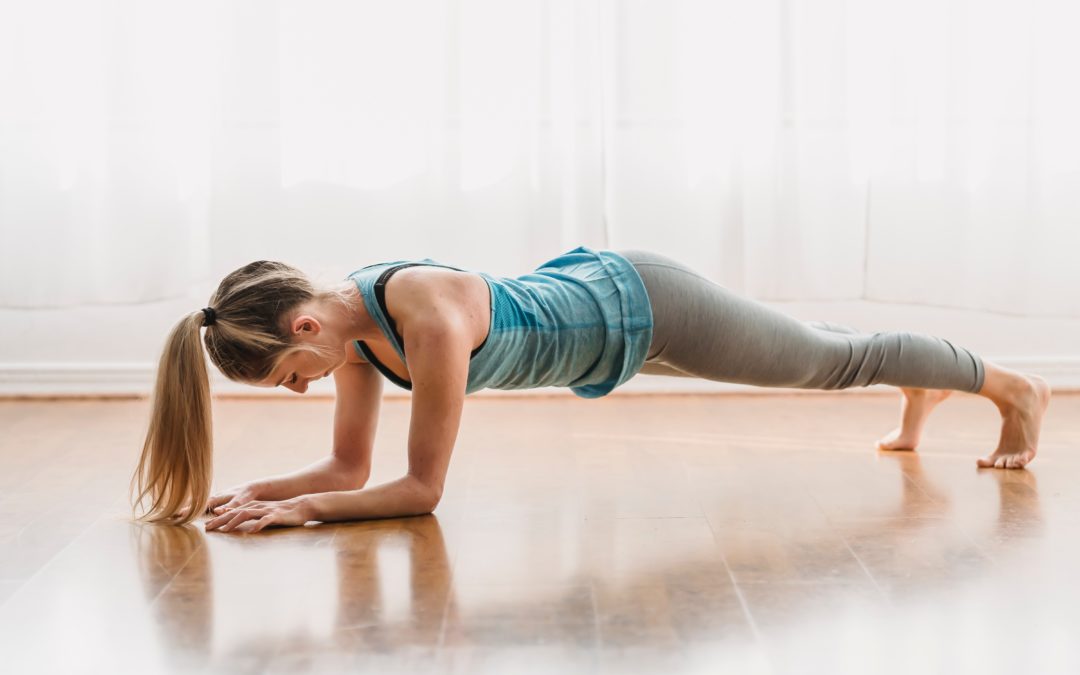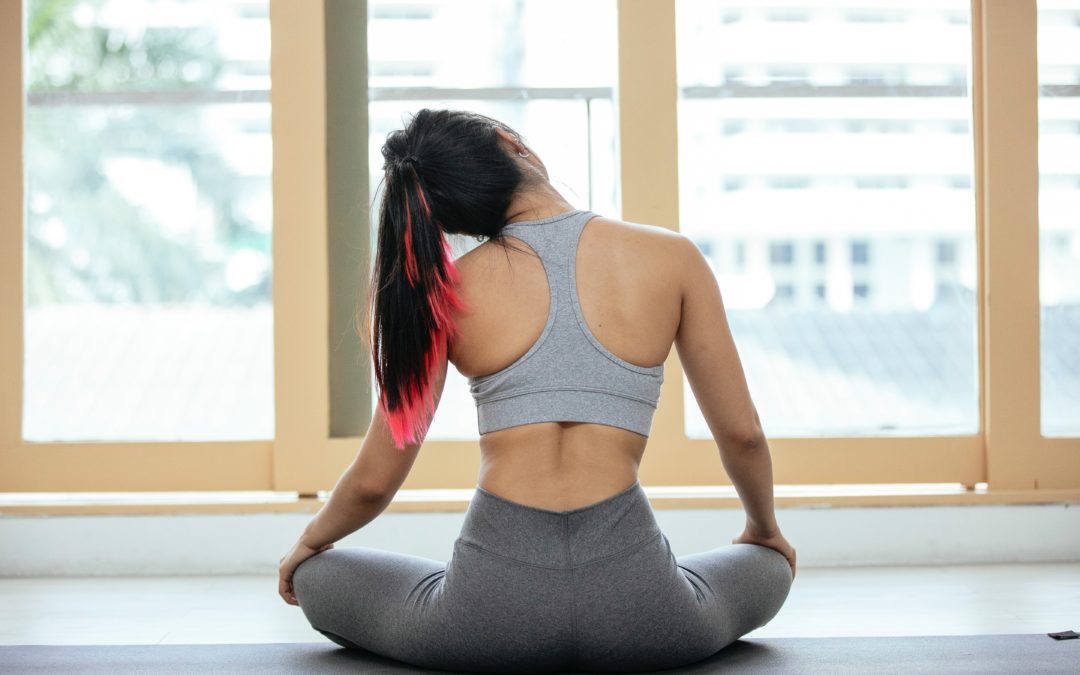Do Posture Correctors Work?
There is a lot of debate surrounding the effectiveness of posture correctors. Some people swear by them, while others claim that they don’t do anything at all. So, do posture correctors help you correct posture issues? This is a question that many people have, and the answer is not so simple.
There are numerous bad posture correctors on the market that offer potential benefits, and they come in a variety of shapes and sizes. Some are just simple straps that go around your waist, while others are more elaborate wearable devices that resemble back braces.
The truth is, there is no one-size-fits-all answer to this question. Some people find that posture correctors work great for them, while others find that they don’t really do much.
How Do Posture Correctors Work?
The best posture correctors not only keep your back straight but also make you feel good about yourself. Maintaining proper postural habits throughout the day can help us avoid injuries and headaches while sitting in an appropriate sit-to-stand position at work or for any length of time!
A physical therapist may be needed to help you in developing an exercise program that will enable you to maintain a healthy posture while avoiding the use of gimmick devices. Posture -strengthening exercise routine includes:
- core exercises including core strengthening exercises
- craniocervical flexion exercises
- scapular stabilization exercises
- gluteal and hamstring strengthening exercises
There are a few things to keep in mind if you are considering using a posture corrector. First, make sure that you are wearing the device correctly. If it is not properly fitted, it can cause more harm than good and lead to poor posture.
Also, at first, only use the posture corrector for short periods of time – basically, only use it for a few hours per day. As your body adjusts to the new perfect posture position, gradually increase the amount of time you wear it each day. Excessive wear can actually take a toll on posture causing discomfort and pain.
Lastly, if you are experiencing any pain or discomfort while wearing the posture corrector, stop using it and speak to your spine doctor. Pain could be a sign that the device is not fitted properly or that you are wearing it for too long.
In general, though, posture correctors can be a great way to improve your posture and help alleviate pain. Just make sure to use them correctly and take it slow!
Benefits of Good Posture
Maintaining good posture has many benefits, both physical and mental. Good posture can improve your appearance, make you look and feel more confident, help prevent back pain and other injuries, and make you more productive.
One of the most obvious benefits of good posture is that it makes you look taller and thinner. When you slouch, you lose height and your body looks bigger and bulkier. When you maintain good posture, your body is aligned and looks smaller. This can give you a more confident appearance and make you feel better about yourself.
Good posture also has many physical benefits. It can help prevent back pain, neck pain, and other injuries. Poor posture is a major contributor to back pain, and correcting your posture can alleviate or even prevent the pain. Good posture also helps you breathe more easily and reduces fatigue because you are using less energy to keep your body in alignment.
Maintaining good posture also has mental benefits. It can make you feel more confident and assertive, and improve your overall mood. Poor posture can make you feel sluggish and tired, while good posture can make you feel more alert and energetic. Good posture also helps you concentrate better and stay focused on your tasks.
So, if you want to look thinner, taller, and more confident; have pain-free joints; and be in a good mood, start working on your posture. It’s worth the effort!
What Is Good Posture Anyway?
Good posture is having an upright spine. Slouching makes your spine rounder and can cause pain in your back and joints. You can improve your posture by doing exercises, core training, and improving your body awareness. Posture correctors help correct posture. There are many types of posture correctors, and some patients use them. A doctor should recommend posture correctors if needed. Doctors should explain why posture correctors work, how to use them, and how long to use them.
For example, if your work environment isn’t ideal, you can slouch and cause erector and lumbar spine problems. Posture variation and movement throughout the day have decreased since many people work from home.
One benefit posture devices provide is increasing your awareness of your posture and whether you need to fix it. So while brief periods on the couch are a great way to unwind, they were not intended for focus work and actually indicate an alteration of posture.
A good way to maintain good posture throughout the day is to make periodic corrections while sitting and to do a home exercise program that includes scapular retraction and craniocervical flexion exercises. these exercises will help keep your body in alignment and improve your posture.
What are Posture Categories?
There are three types of posture categories- sitting, standing, and lying down. Each pose has its own advantages and disadvantages. Sitting is the most common position for office workers. It is a neutral posture that does not put pressure on the spine. However, it can cause problems such as carpal tunnel syndrome and varicose veins if done incorrectly.
Standing is the next most common posture. It is good for increasing blood circulation and strengthening the back muscles. However, it can also cause pain in the lower back and feet if done incorrectly.
Lying down is the best posture for resting because it takes the pressure off of the spine. However, it can lead to problems such as deep vein thrombosis if done incorrectly.
How to Select the Most Effective Posture Correctors?
There’s a lot of misinformation out there about posture correctors. We’ve all heard about the promise of posture correctors, but do they really work? Which ones, if any, are the most effective? The truth is that posture correctors can help you improve your posture if you choose the right one and use it correctly.
There are various types of posture correctors available depending on the person’s muscle health and weak areas. A physical therapist can help find the right type of posture corrector and focus on the areas that need the most support. Posture correctors should be used in combination with another exercise regimen for best results.
In addition, your spine specialist will highly recommend a soft and flexible brace. A discreet posture corrector is perfect for anyone who wants to improve their posture. It can be worn under or over clothes, making it a versatile option for any wardrobe.
They won’t hurt your postural muscles if you have a stiff posture, but they can be uncomfortable if you have muscle imbalances, hypermobility, or trauma fractures in your back’s bone structure. If you end up with a stiff and rigid posture corrector, it can be uncomfortable, cause spine trophy, and cause you to become lazy.
Here are some tips for selecting the most effective posture corrector:
- Look for a posture corrector that is designed to fit your body type. Not all posture correctors are created equal, and you need to find one that is specifically designed to fit your body type. For example, if you are petite, you will need a different posture corrector than someone who is tall and muscular.
- Make sure the posture corrector is adjustable. One of the reasons that posture correctors can be ineffective is that they are not adjustable and do not fit properly. Make sure the posture corrector you select has an adjustable strap so that you can make it fit your body snugly.
- Choose a posture corrector made of high-quality materials. It is important to choose a posture corrector made of high-quality materials, such as elastic or neoprene. This will ensure that the posture corrector stays in place and does not irritate your skin.
- A good posture corrector should be comfortable to wear. If it is not, you will be less likely to wear it on a regular basis, which defeats the purpose.
- Make sure the posture corrector has positive reviews. Before purchasing a posture corrector, make sure to read the reviews to see if other people have had good results with it. This will give you a good idea of whether or not it is likely to work for you.
- A good posture corrector is not overly expensive. The cost of posture correctors with a technological component is typically higher than the cost of other types.
Contact us today!
So do posture correctors work? The answer is yes, posture correctors can help improve your posture, but they are not a cure-all. Using a posture corrector can help you experience an improved posture, but only if you choose the right one and use it properly. Many people wear them incorrectly, or they do not have the correct posture for their body type, which can actually lead to more problems.
Set up an appointment today at www.risingfamilychiropractic.com to learn how we can help you find relief from your health concerns.




